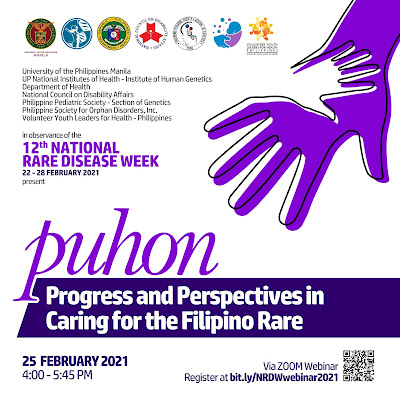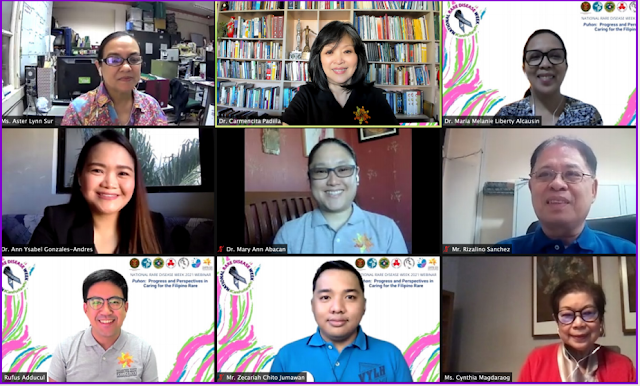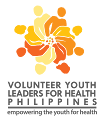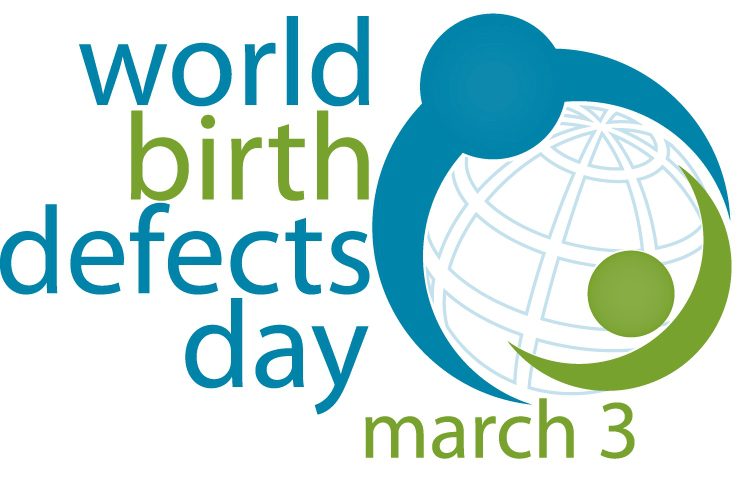Newborn screening is an essential preventive public health program for the early detection of congenital disorders in newborns that may lead to mental retardation or even death if left untreated. It is performed shortly after 24 hours of the birth of the baby in hospitals, lying-ins, rural health units, health centers, and private clinics.
If screened positive in one of the disorders, the baby undergoes a confirmatory test and is subsequently followed up for management. Administration of the necessary treatment and management is the reason why newborns need to be screened immediately. Hence, the COVID-19 pandemic is a huge challenge in the provisions of newborn screening services. The lockdowns in many areas of the country, suspension of transportation services including air travels, non-operation of major couriers, and closure of borders in some provinces have posed challenges to the newborn screening program. Program implementers were faced with delays in the transmittal of newborn screening samples, significant decrease in the newborn screening sample receipt, overwhelming number of late samples, delay or cancellation of confirmatory testing, and suspended follow up visits of patients. Managing the operations at different levels was and continues to be a tough task.
To weather the storm, newborn screening program leaders quickly stepped up to respond and coordinated mitigation plans effectively and efficiently. Throughout the pandemic, all newborn screening centers (NSCs), regional newborn screening teams at the Department of Health - Centers for Health Development (CHDs), newborn screening continuity clinics (NBSCCs), and newborn screening facilities (NSFs) in the country remained operational and employed various strategies while observing standard protocols in continuously giving quality newborn screening services.
The recently concluded newborn screening virtual convention featured the best practices of some program implementers during the crisis. The Newborn Screening Reference Center keeps several stories of innovations - from the Newborn Screening Bayanihan Strategy in Northern Luzon, the active social media campaigns of Central Luzon, release of certifications for checkpoints in Southern Luzon, and extension of credit line in the Visayas, among others.
Newborn Screening Center - Mindanao
The NSC Mindanao and the CHD teams organized a system to help bridge the gaps and establish alternative plans to keep the program afloat in Mindanao.
The CHD Zamboanga formed a special task force on newborn screening. It also coordinated with the Office of City Mayor Isabelle Climaco-Salazar for the weekly transport of samples to the NSC. The Edwin Andrews Air Base and the Philippine Airforce Western Command made possible the airlifting of samples, medical milk supplies, and pertinent documents to and from Region 9 via military aircrafts.
Meanwhile, the CHD Northern Mindanao, together with city health offices and selected facilities, served as drop-off and pickup locations within the region. With lockdown protocols in place, the CHD and NSC Mindanao teams met at the border checkpoints of Davao City to turn over specimens and documents once a week. In three months’ time, Region 10 was able to deliver a total of 12,417 samples.
In Davao, many health facilities within Davao City hand carried samples to the NSC. The CHD 11 NBS team assisted these facilities using its service vehicles. A temporary delivery system was also established through the assistance of the different provincial DOH Offices. The Sta Rita Maternity Clinic, Isaac Robillo Memorial Hospital, Dr Lorenzo Principe Clinic and Malita District Hospital also volunteered as drop-off facilities.
Since vehicles were not allowed to enter Davao City, the NSC Mindanao requested the Viacrucis Medical Hospital to serve as drop-off points for Sultan Kudarat Provincial Hospital's samples. The assigned staff from both facilities met at the border of Davao del Sur and North Cotabato Province.
DOH vehicles and provincial ambulances were used to enter the border from the south. Along with provincial hospitals in Sultan Kudarat, and North and South Cotabato, they formed the backbone of the ENBS task force in the SOCCKSARGEN region.
The DOH CHD Caraga used the provincial DOH offices as drop-off and pickup locations. The NBS team of CHD Caraga and NSC Mindanao met at the northern border checkpoints of Davao City once a week.
The Maguindanao and Lanao del Sur areas of the Bangsamoro Autonomous Region in Muslim Mindanao were serviced by the CHD 9 and 12, respectively. The DOH-CHD 9 also transported samples of health facilities from Basilan and Tawi-tawi provinces. With the help of the Integrated Provincial Health Office Sulu, samples from Sulu were transported directly to Davao City courtesy of the Philippine Airforce Tactical Squadron Operations of Jolo, Sulu.
DOH Center for Health Development - Bicol
A series of consultations was held with several stakeholders, i.e. provincial health offices, city coordinators, health facilities, external partners, COVID team, and other internal stakeholders to discuss strategies to ensure the Business Continuity Plan (BCP) for the ENBS.
The CHD 5 immediately transitioned from conventional in-person activities to online orientations, meetings, trainings, advocacy activities, webinars, and other forms of technical assistance.
On the logistics side, the CHD 5 created and operationalized the timely receipt and sending of ENBS and confirmatory samples from health facilities to the NSC National Institutes of Health in Quezon City. It facilitated the delivery of kits from the NSC to the health facilities, and the delivery of essential medical supplies, foods, supplements to patients, among others.
Pira Hospital Cabugao, llocos Sur
Difficulties emerged regarding the transport of specimens and obtaining of filter kits on time from the NSC Northern Luzon in Mariano Marcos Memorial Hospital and Medical Center, Batac, llocos Norte, which is situated in another province.
Bless Macugay, chief medical technologist of Pira Hospital, goes to the border and hands over properly sealed specimens to the one manning the border from NSC. In turn, that personnel bring the specimens for testing at the NSC.
The Pira Hospital also used the acronym COVID to characterize the goals of the program - C for communication, O for obedience, V for vigilance, I for innovation and creativity, and D for diligence in performing timely screening.
Newborn Screening Continuity Clinic - Cebu
The Newborn Screening Continuity Clinic (NBSCC) is an ambulatory clinic based in a tertiary hospital identified by the DOH to be part of the National Comprehensive Newborn Screening System Treatment Network. One of the NBSCCs is located in Cebu, hosted by the Vicente Sotto Memorial Medical Center (VSMMC) serving 497 patients including those in Bohol, Dumaguete, Siquijor, and the entire Cebu Province.
Faced with challenges during the COVID pandemic, such as difficulty in recall of patients; non- compliance with follow up, treatment, and laboratory monitoring; travel restrictions; and low supply of medicines and medical food, the NBSCC in Cebu immediately transitioned to telemedicine and activated networks of referral in the region for patient monitoring. It currently uses text messaging, phone calls, and video calls through different online applications for remote patient monitoring and clinical validation together with sub-specialists (pediatric endocrinologists and metabolic specialists), and dietitian-nutritionists. It also refers patients to the DOH-CHD, RHUs, or satellite clinics in some provinces either for follow ups or home visits.
Supply and logistics for medicines and medical food for patients were coordinated with the Institute of Human Genetics (IHG)- UP Manila, DOH-CHD 7, Office of the Civil Defense, Philippine National Police, and Philippine Air Force.
There are valuable lessons emerging from the current crisis. It has been proven time and again that collaborations among program partners, supporters, and those who lend their hand especially during the time of crisis can make a positive difference. COVID-1 9 is a threat but, at the same time, an opportunity for having efficient and effective continuity plans and creative strategies that allowed the newborn screening implementers to continue fulfilling their essential roles in ensuring the health and well-being of the most vulnerable in the populace - the newborns.#
First published on Philippine Star, October 18, 2020
MEDIA RELEASE
Newborn Screening Reference Center @newbornscreenph
National Institutes of Health - UP Manila
https://newbornscreening.ph
info@newbornscreening.ph


































